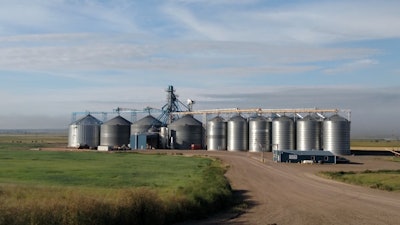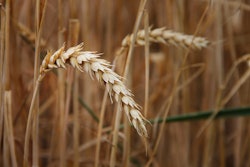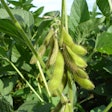
Columbia Grain International (CGI), a leader in the origination, processing, logistics, and distribution of high quality bulk grains, pulses, edible beans, oilseeds and organics for the Pacific Northwest, agrees that it’s boom time for the bean industry.
The COVID-19 pandemic has spurred an increased demand for shelf-stable foods, especially beans and lentils.
CGI, who has the largest processing capacity of any singular processing company in the U.S., has experienced a 40% increase in demand for the shelf-stable protein, and its plants are working around the clock to fulfill an ever-increasing number of orders.
“We have increased processing hours at our specialty pulse processing facilities as we’ve seen huge increases in demand for immediate shipments of our dry pulses and beans,” says President and CEO of Columbia Grain International, Jeff VanPevenage. “Grocery stores are void of peas, beans, lentils and chickpeas and it’s not just a local situation. It’s all over the world. We are focusing on logistics so we don’t have any breaks in our supply chain.”
CGI expects pulse orders to continue to rise, well into the future, as cooking at home increases, and fewer Americans eat out due to virus-related contamination fears, skyrocketing the demand for plant-based proteins.
CGI opened a new plant in Plentywood, MT in December, which can process upwards of 100,000 MT per year, and has helped them meet increased market demand for pulses.
CGI’s investment into new processing ventures has been beneficial for their farmers. The new plant has enabled them to create more markets to support farmers in their area, produce pulses that are cleaned, bagged and ready to eat. The new plant has also created more storage for processed product, which otherwise would have to sell at much lower values or wait until processing capacity is available.
Two months ago, CGI thought they’d see reduced acreage to pulse crops in the USA, but now farmers are forecasted to increase what is being planted. The COVID-19 pandemic has created more demand for peas, lentils and chickpeas this year, and market signals have convinced farmers to increase pulse acreage.
While origination has been very good, processing is maximized, and current market demands have stressed logistics and distribution.
“We are prepared for disturbances to the transportation network,” said VanPevenage. “Container supply is going to be difficult for the foreseeable future. Rail could experience breakdowns. Truck transportation costs are already skyrocketing and we expect that to hold for some time. Farmers have done an incredible job of delivering product on demand so we should all be thankful for the job that farmers do, all over the world.”
In these challenging times, CGI has taken numerous measures to ensure their network of 8,000 farmers, as well as their staff, is supported and safe. They’re following CDC guidelines, maintaining stringent food safety programs, and adding more team members at their elevators to help farmers stay in their trucks while delivering their grains and pulses. They have contingency plans in place should one of their facilities experience an outbreak of the virus.
“The food supply chain is essential at this time so it’s absolutely necessary to keep our people safe and healthy so we can operate our facilities and keep food flowing to nourish the world,” says VanPevenage.

















